Introduction
Privacy is a crucial aspect of any home or office space. It’s essential to strike a balance between enjoying natural light and maintaining privacy. Two popular solutions for achieving this balance are privacy glass and window film. In this blog, we will explore the differences between these two options, their benefits, and how to choose the right one for your needs.
What is Privacy Glass?
Privacy glass, also known as switchable glass or smart glass, is a technologically advanced solution that allows you to control the transparency of your windows. It uses an electric current to change the glass from transparent to opaque, providing instant privacy at the flip of a switch. Privacy glass comes in different types, such as electrochromic, thermochromic, and suspended particle devices (SPD).
Privacy glass offers several benefits. It allows natural light to enter the space while maintaining privacy when needed. It can be used in conference rooms, bathrooms, or even as a partition between spaces. Privacy glass is also energy-efficient as it can block UV rays and regulate heat transfer, reducing the need for excessive cooling or heating.
What is Window Film?
Window film is a thin, adhesive material that can be applied directly to the surface of windows. It is available in various types, including frosted, mirrored, and tinted films. Window film provides an effective solution for enhancing privacy, reducing glare, and blocking harmful UV rays.
Window film offers several benefits as well. It provides privacy without sacrificing natural light, making it suitable for residential and commercial settings. Window film also helps to regulate temperature by reducing heat transfer and protecting against UV radiation. Additionally, it can enhance the aesthetics of a space with decorative options.
Comparison of Privacy Glass and Window Film
When deciding between privacy glass and window film, several factors should be considered:
- Cost comparison: Privacy glass is generally more expensive than window film due to its advanced technology and installation requirements. Window film provides a cost-effective alternative without compromising functionality.
- Installation process: Privacy glass usually requires professional installation, as it involves electrical wiring and connection to a power source. Window film, on the other hand, can be easily applied as a DIY project or by a professional.
- Customisation options: Privacy glass offers greater flexibility in terms of customisation. It can be integrated into smart home systems, allowing control through mobile apps or voice commands. Window film provides limited customisation options but offers a range of designs and patterns.
- Privacy and security features: Both privacy glass and window film provide privacy, but privacy glass offers instant control over transparency. Window film offers varying levels of privacy depending on the type chosen. When it comes to security, privacy glass provides better resistance to break-ins.
- Energy efficiency: Privacy glass and window film can both contribute to energy efficiency. Privacy glass can regulate heat and reduce reliance on artificial lighting. Window film blocks harmful UV rays and reduces heat transfer, resulting in lower energy consumption.
Choosing Between Privacy Glass and Window Film
When deciding between privacy glass and window film, consider the following factors:
- Matching the requirements of your space: Assess the specific needs of your space. If you require instant privacy control and have a higher budget, privacy glass might be the better option. If you prefer a cost-effective solution that can be easily installed, window film may be more suitable.
- Long-term considerations: Consider the longevity of the solution and your long-term plans for the space. Privacy glass, although more expensive initially, may offer better durability and advanced features. Window film is a more temporary solution that may require replacement after several years.
Pros and Cons of Privacy Glass
Advantages of privacy glass:
- Instant privacy control
- Energy-efficient
- Integration with smart home systems
Disadvantages of privacy glass:
- Higher cost
- Professional installation required
- Limited design options
Pros and Cons of Window Film
Advantages of window film:
- Cost-effective
- Easy installation
- Various design options
Disadvantages of window film:
- Limited privacy control
- Less durable than privacy glass
- May require replacement over time
Privacy glass and window film are both effective solutions for enhancing privacy while maintaining natural light in a space. Privacy glass offers advanced features, instant control, and integration with smart home systems. Window film provides a cost-effective and easily customisable option. Consider your specific requirements, budget, and long-term plans to choose the most suitable option for your space.
Who We Are
Tecdur is the leading manufacturer of smart glass for the UK and Ireland. Tecdur Switchable Glass provides the best clarity, lowest power consumption and lowest haze currently available. We can offer a wide range of specifications to meet project requirements with our switchable glass, cost is dependent on specification, application and design. Please get in contact with us to discuss further.
Please visit our portfolio for a look at completed projects. Keep up to date on our LinkedIn Showcase page


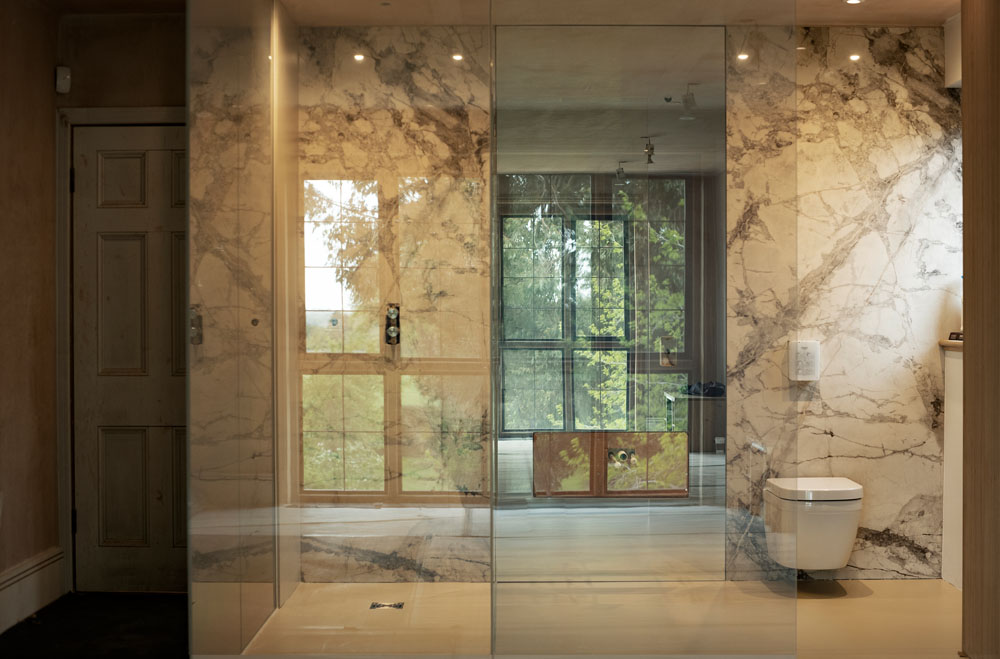
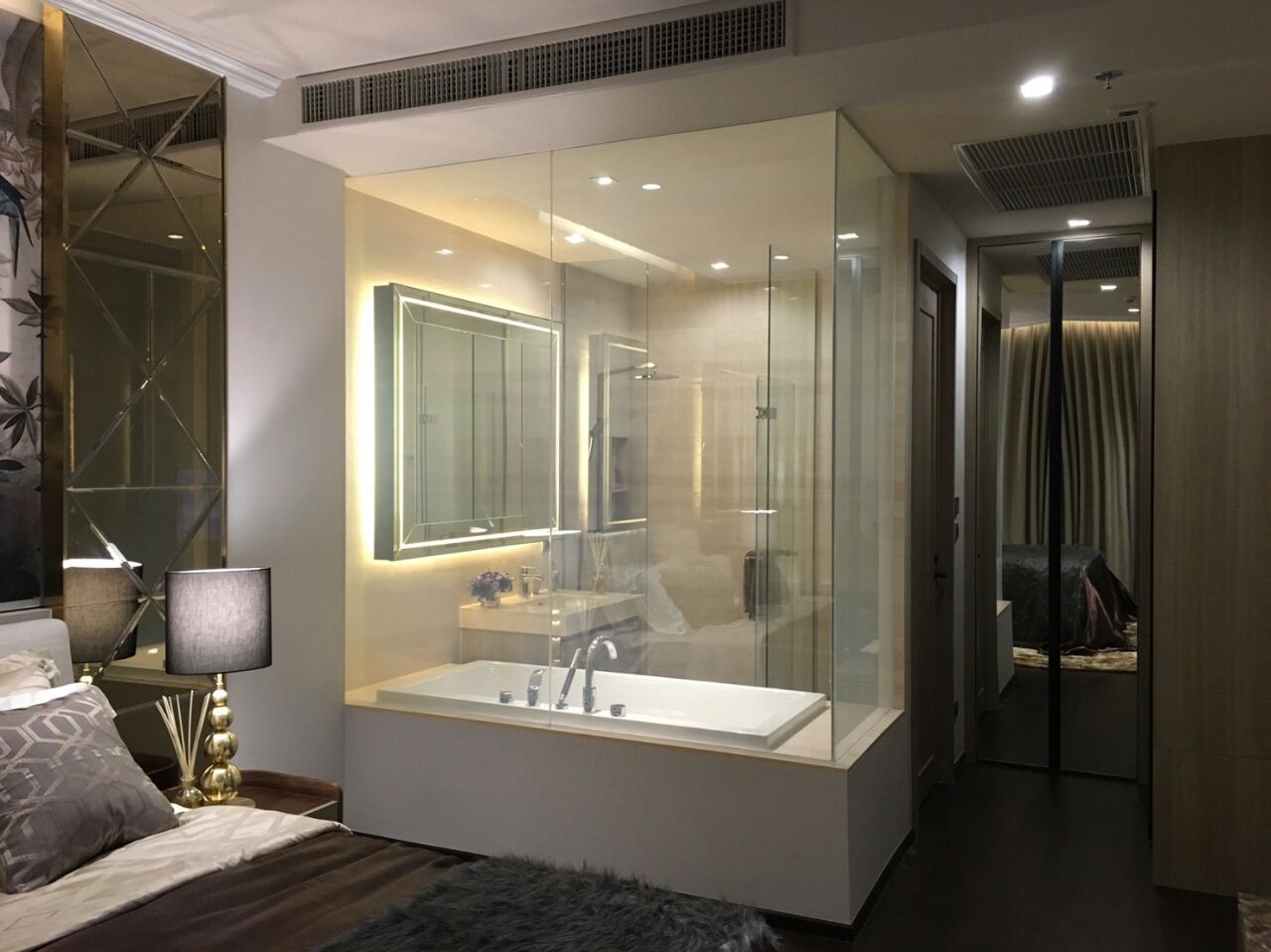
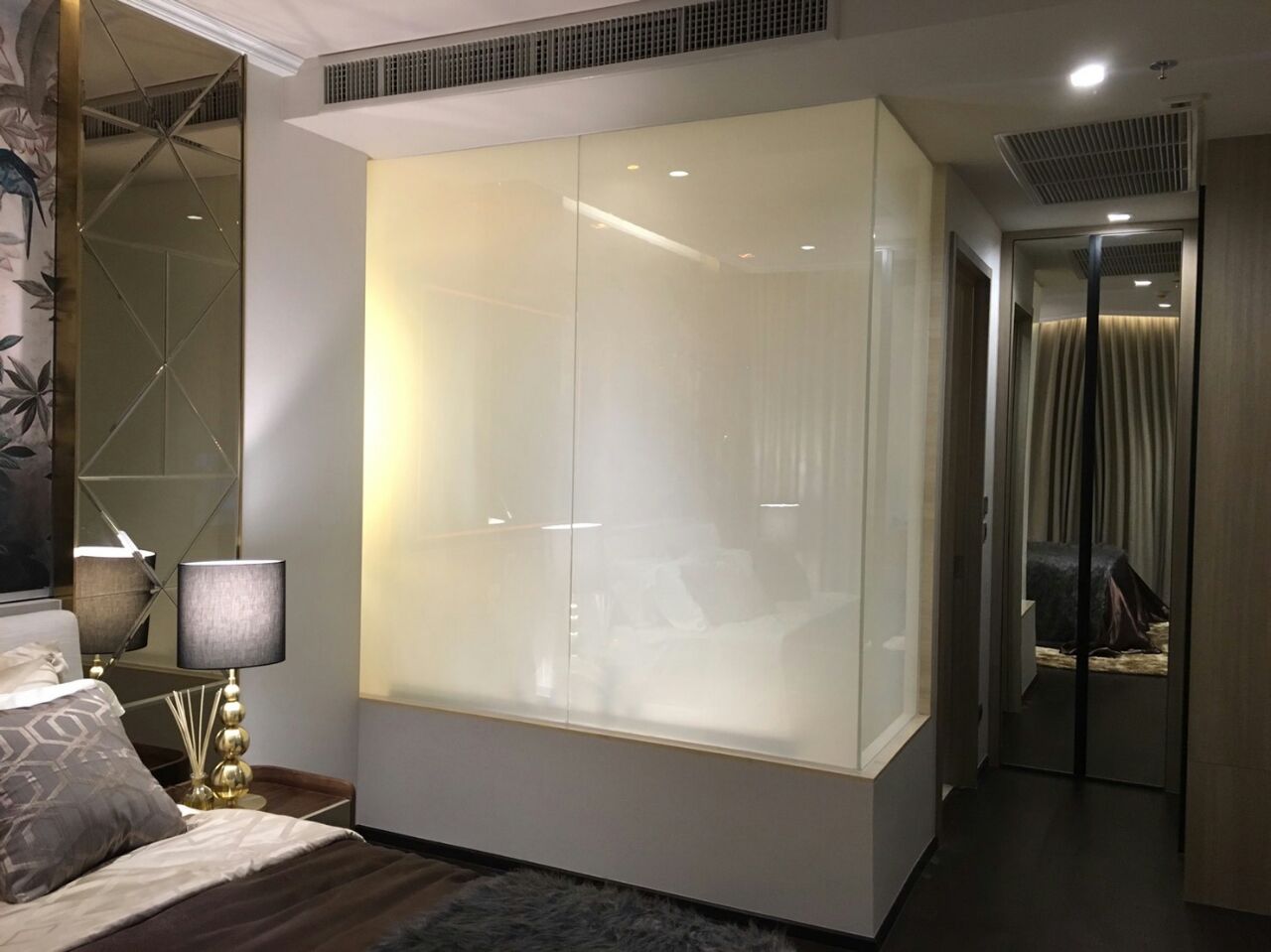
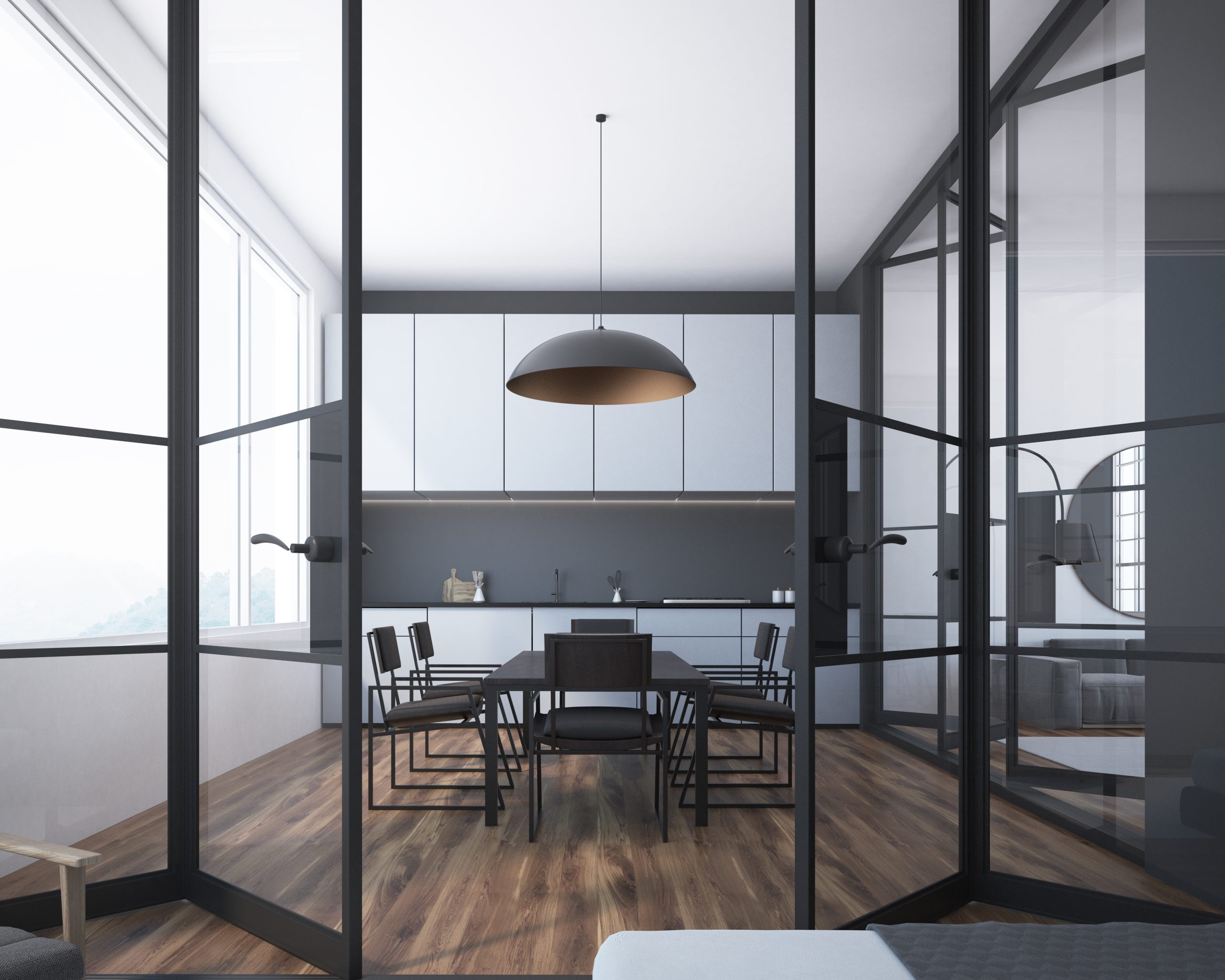
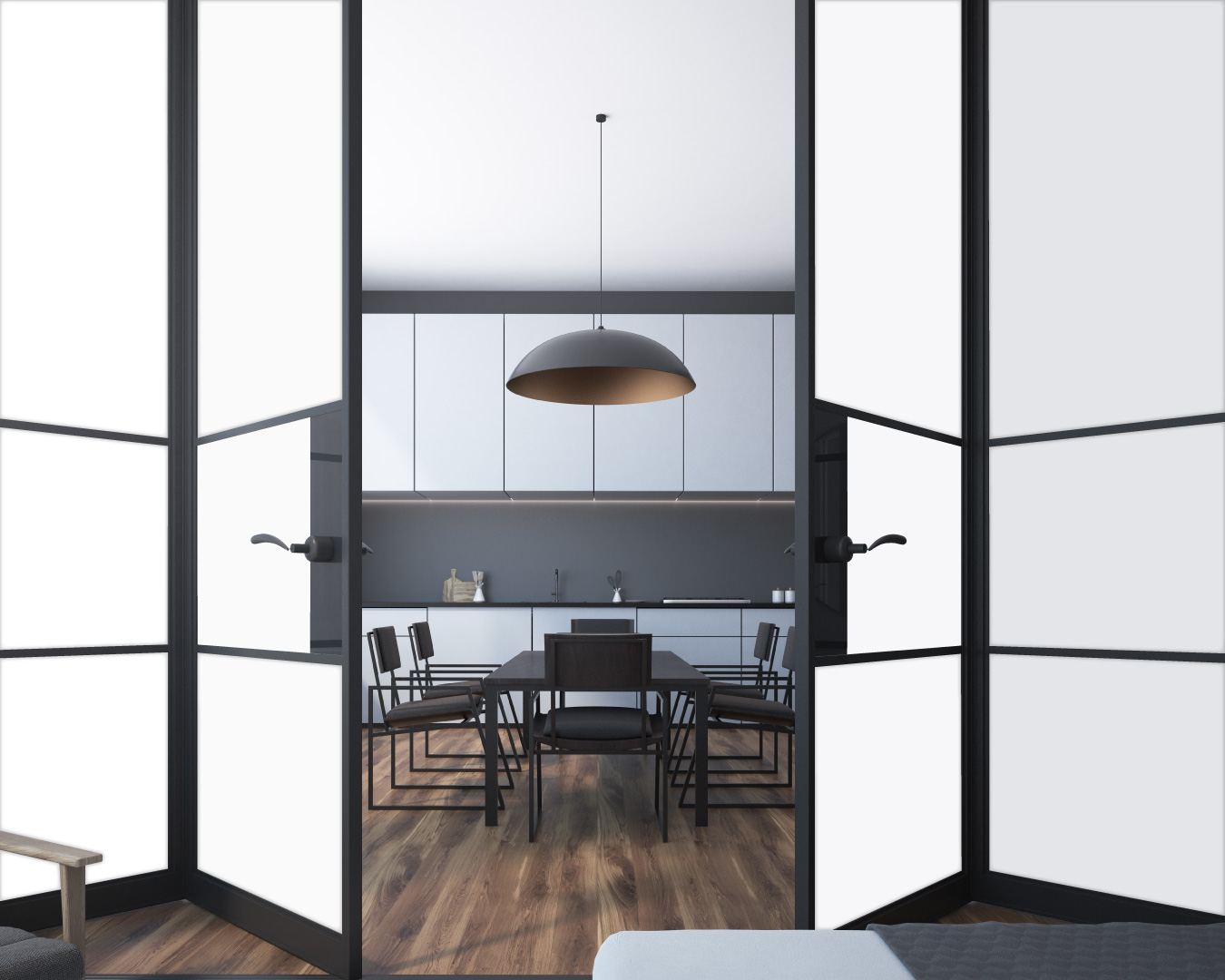
Frequently asked Questions
Our privacy glass works by utilising advanced PDLC (Polymer Dispersed Liquid Crystal) film. When an electrical current is applied, the liquid crystal molecules align, allowing light to pass through, making the glass transparent. When the current is switched off, the molecules mis-align, causing the glass to turn opaque or translucent, providing privacy.
Yes, privacy glass can be retrofitted into existing windows. However, professional installation is usually required to ensure proper wiring and integration with the power source.
The lifespan of window film can vary depending on factors such as quality, exposure to sunlight, and maintenance. Generally, window film can last anywhere from 5 to 15 years.
Yes, privacy glass is typically more expensive than window film due to its advanced technology and installation requirements. Window film provides a more cost-effective alternative.
Window film can reduce glare and filter harmful UV rays while still allowing natural light to enter the space. Some window film options may darken the room slightly, but overall, it maintains a well-lit environment.



